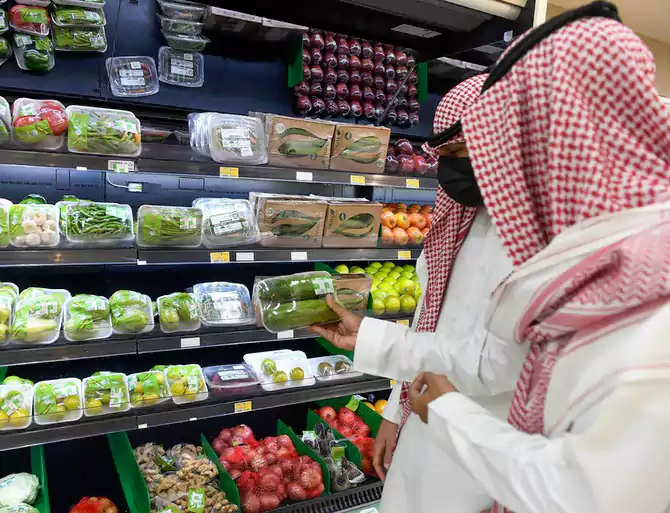Farmers in Tabuk are shifting to organic crop production, aligning with consumer preferences for safe and healthy foods, the Saudi Press Agency reported on Saturday.
Twelve farms in the region are transitioning to fully organic methods, utilizing natural fertilizers derived from animal or plant waste with a reliable production mechanism.
This shift responds to the growing demand for high-health-value food products, prompting sales outlets to supply and promote organic foods.
Organic farming avoids synthetic inputs like chemical fertilizers and pesticides, aiming to produce safe, healthy food with a focus on environmental sustainability. On Saudi Organic Food Day, observed annually on Nov. 11, authorities highlight commendable shifts in agriculture and their positive impacts on human health, vitality, and overall well-being.
Tabuk, a pivotal agricultural region, is undergoing a transformation into a model for sustainable agriculture through collaborative efforts between the Ministry of Environment, Water, and Agriculture and local farmers.
Nine farms in Umluj and Al-Wajh provinces have also transitioned to organic production, alongside three farms in Duba and Abu Rakah provinces.
Food security is a priority in Saudi Arabia, and sustainable agriculture is gaining widespread attention. As part of Vision 2030, the Kingdom has formulated plans to promote organic farming and increase the use of technology and water-saving methods.
A sustainable farm in Wadi bin Hashbal in the southwest Asir region, recently recognized by the Guinness World Records as the largest of its kind in the world, uses treated water to irrigate crops planted across a 3.2 million square meter area.
Irrigation operations are overseen by specialists and carried out in several stages, minimizing the impact on freshwater resources, and promoting responsible water management practices.—Agencies










